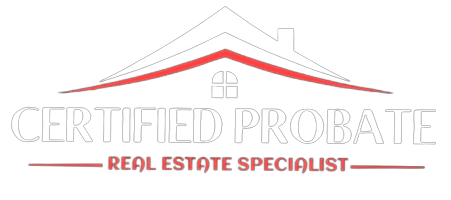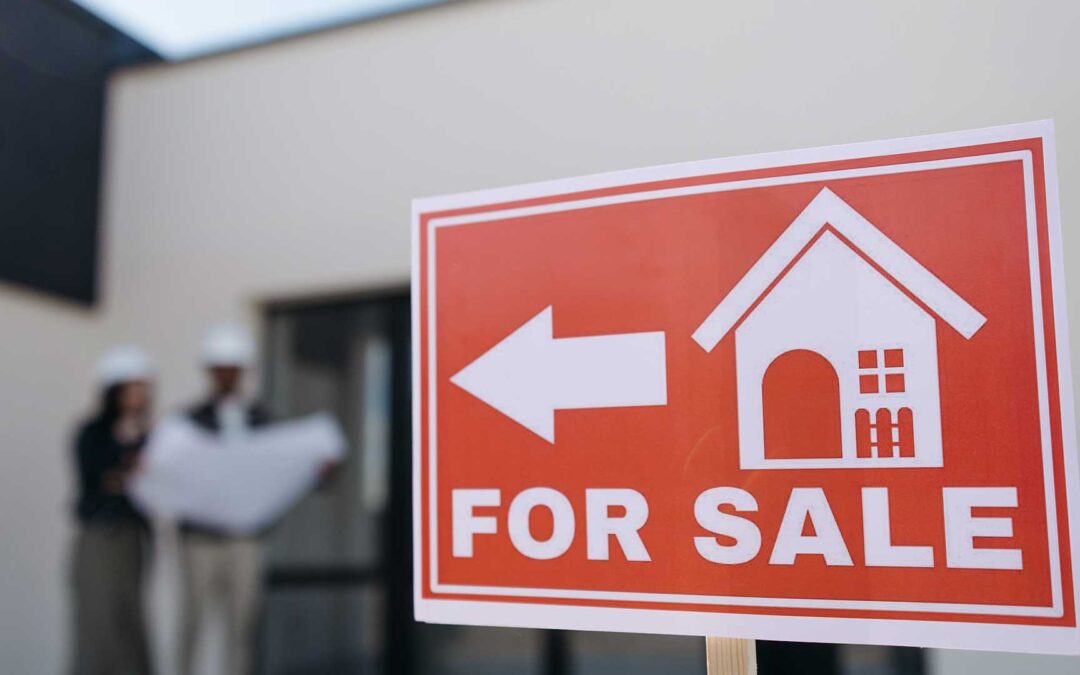One of the most common goals of estate planning, aside from providing security for loved ones and maintaining control of assets, is avoiding probate. Why is avoiding New York probate a driving force for so many people? While the consensus is that probate is unpleasant, there is still plenty of confusion about what the process actually involves. This is especially true when real property is part of the estate because adding New York real estate laws into the equation adds another layer of complexity to an already confusing process.
Probate Property Service specializes in helping people in Queens, NY, and surrounding boroughs navigate property sales during probate. Contact our certified probate real estate specialist today for help with your loved one’s real property.
Having a general understanding of selling real property during New York probate can also help you make informed decisions, so here are a few things you should know.
What Happens During New York Probate?
Property belonging to an individual is known as an estate; these assets can include real property, bank accounts, vehicles, and other personal property. When someone dies, their estate must be properly settled or disposed of through a legal process known as probate.
Not all estates are required to pass through probate in New York. There are three kinds of estate proceedings – voluntary administration, probate, and administration. A voluntary administration may be an option for small estates with less than $50,000 of personal property. Probate is for estates with a valid will, and administration occurs when no valid will exists.
If probate is required, it must be initiated by the executor of the estate at the appropriate New York Surrogate Court. This first step involves submitting the will, death certificate, and probate petition to the judge, who will then determine if the will is valid. The process will also include some or all of the following actions:
- The appointment of an executor with a letter of testamentary or administration
- Identifying and appraising property and assets
- Contacting the beneficiaries
- Filing taxes on behalf of the estate
- Paying debts, taxes, and other costs accrued or owed by the estate
- Distributing remaining assets to beneficiaries
- Filing a closing statement
If you’re looking for a more comprehensive overview of the New York probate process, click here for our free probate checklist.
Despite homeownership in New York being among the lowest in the country, many estates do include real property. After property and assets are identified, categorized, and appraised, the executor of the estate may need to sell real property like houses, apartments, condos, and townhouses. It is not always a straightforward process, which is why consulting with a New York certified probate real estate specialist is a good idea.
Selling a House During Probate
New York law allows executors to perform various functions and tasks to settle a deceased person’s estate, and that includes selling property. The executor must ensure that the last will and testament does not prohibit the sale of real property. Selling the property must also be in the best interests of the estate.
In some situations, an executor is required to get permission from the court before listing a property for sale. This can be accomplished by filing a petition, at which point a judge will approve or deny the petition to sell the property. Assuming that the executor received approval, they may list the property for sale.
There are various ways this process can be complicated. If the property is left to multiple beneficiaries, they may not all agree on how best to handle the property and if selling is the right choice. However, in situations where all beneficiaries are in agreement, the following steps may come next:
- List and sell the home
- Pay estate debts with the funds from the sale
- Distribute the remaining sale funds to beneficiaries
This is an extreme simplification of what selling a home in probate will look like. It is a complex procedure involving significant risks, strong emotions, and confusing legal requirements.
Why is Property Sold During New York Probate?
Every estate is unique, and the circumstances that you or your loved one’s estate executor will face are specific to your situation. Despite the specific nature of each probate and estate administration case, there are a few general scenarios in which selling real property may be beneficial to an estate.
Pay Off Debt
Debts are part of an estate, just like assets are, and not all estates have enough assets to pay those debts. When debts, taxes, and fees exceed the value of liquid assets like bank accounts and cash, non-liquid assets (like houses, apartments, and vehicles) must be sold to make up the difference. Typically, real estate is not the first option for liquidation, but when debts are substantial, it may ultimately be the only choice.
Adhering to the Will
When there is a valid last will and testament, it may include details on how to handle the estate’s assets. If the will states that a piece of real property is to be sold, then the executor will need to sell the property. Following the deceased’s wishes is essentially the most important part of the executor’s role.
Complying with Beneficiaries’ Wishes
Just because your loved one left you a house in Queens or a brownstone in Brooklyn doesn’t mean you have to hold on to the property. Many beneficiaries choose to sell the property they inherit. They may choose to sell because they live in another state or would prefer to have the cash from the sale. Sometimes, one piece of property is left to multiple people, and co-ownership may not be desirable. Whatever the reason, beneficiaries who want to sell real property may do so during the New York probate process.
Specialized Help Selling a Queens, NY Property During Probate
If you want a helping hand with a loved one’s estate property in Queens, contact Probate Property Service today for a free consultation. You can call us at (347) 915-4139 or visit our website for more information.

